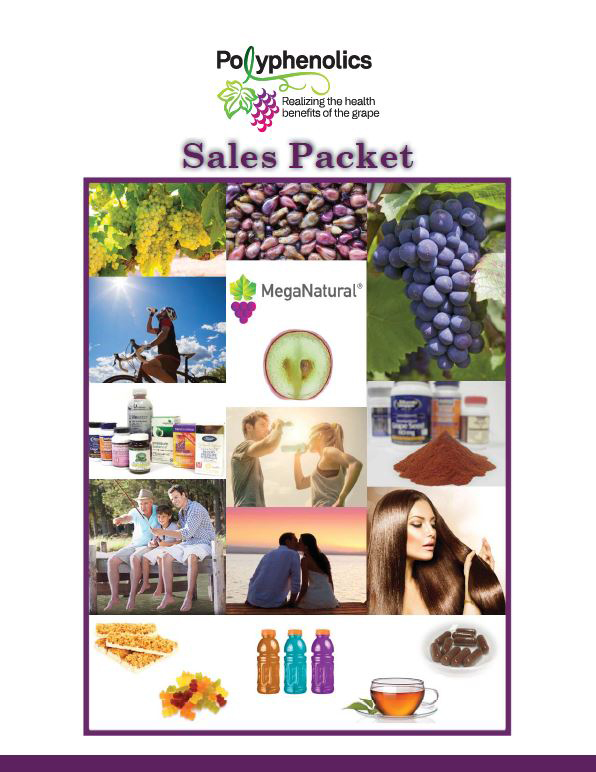It’s time to stop ignoring the warnings from your mother and doctor, and cut back on your sugar!
A growing body of evidence suggests drinking non-diet soda contributes to high blood pressure. Research found that consuming more than 74 grams of fructose per day increases your risk of elevated blood pressure by 30 percent and your risk of stage 2 hypertension by 77 percent. Other studies have shown this link to be strongest in those who also consumed excess sodium. Regardless of total calorie, carbohydrate or sodium consumption, high fructose intake increased the risk.
74 grams of fructose equals about four cans of non-diet soda, but remember fructose is just the half of it. An average eight ounce soft drink contains seven teaspoons of sugar, comprised of almost equal amounts glucose and fructose. Even one can of soda sends your daily sugar intake over the limit.
Sodas are one of the worst offenders, but you won’t find fructose in soda alone. If you’re consuming cookies, candy or any product with the ubiquitous high fructose corn syrup you’re adding to your daily fructose intake. In addition to the typical sweets, glucose is found in processed grains such as white bread and pastas. All forms of sugar elevate your blood sugar levels. Watch out because many diabetics also have hypertension.
Research demonstrates that kicking the non-diet soda habit may lower your blood pressure. In a controlled study, individuals diagnosed with borderline or stage1 hypertension significantly lowered their blood pressure after reducing their daily consumption of sweetened drinks by half, from 10.5 ounces down to about five ounces a day. Participants also lost weight during the trial – another way limiting sugar keeps you healthier. On average, people who consume sugary drinks have higher body mass indexes (BMI), and less nutritious diets higher in calories and lower in fiber and minerals.
How much sugar is too much? The American Heart Association recommends women consume no more than six teaspoons of sugar a day, men no more than nine teaspoons. Sugar creeps up fast in processed foods; eating fruits, vegetables, grains and lean protein forms the best dietary plan for lowering blood sugar levels and reducing your associated risk of high blood pressure. So cut out a major source of unnecessary sugar and empty calories: eliminating soda is a smart step towards a healthier you.



